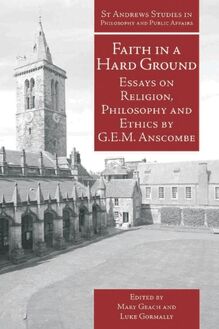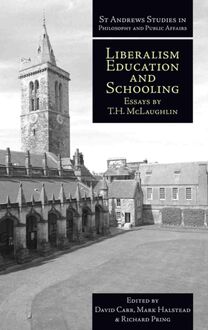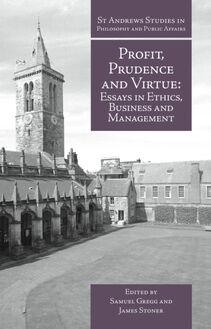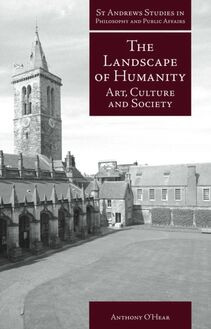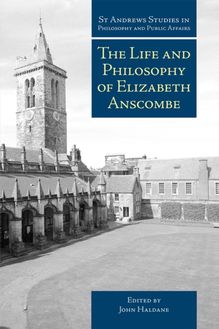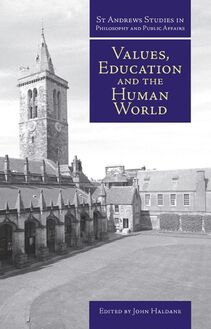Moral Philosophy of Elizabeth Anscombe , livre ebook
216
pages
English
Ebooks
2016
Obtenez un accès à la bibliothèque pour le consulter en ligne En savoir plus
Découvre YouScribe en t'inscrivant gratuitement
Découvre YouScribe en t'inscrivant gratuitement
216
pages
English
Ebooks
2016
Obtenez un accès à la bibliothèque pour le consulter en ligne En savoir plus
Publié par
Date de parution
17 mars 2016
Nombre de lectures
2
EAN13
9781845409029
Langue
English
Poids de l'ouvrage
1 Mo
Publié par
Date de parution
17 mars 2016
Nombre de lectures
2
EAN13
9781845409029
Langue
English
Poids de l'ouvrage
1 Mo





